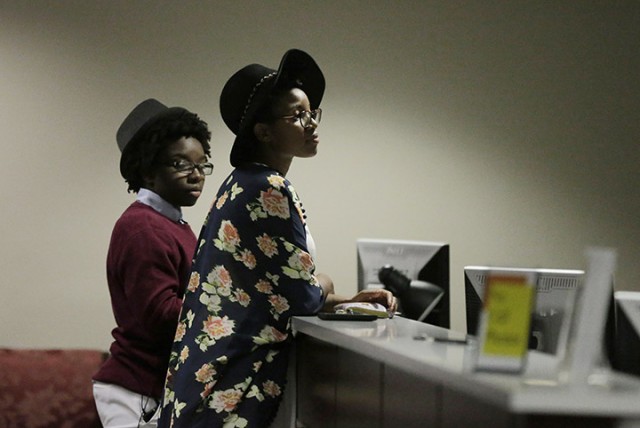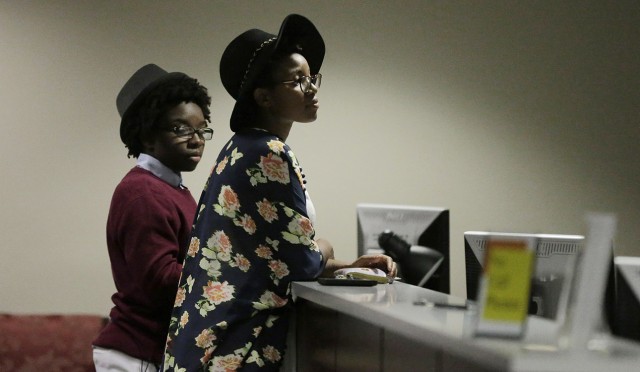
By Rachell Zoll
Associated Press
NEW YORK — The Presbyterian Church (U.S.A.) approved redefining marriage in the church constitution Tuesday to include a “commitment between two people,” becoming the largest Protestant group to formally recognize gay marriage as Christian and allow same-sex weddings in every congregation.
The new definition was endorsed last year by the church General Assembly, or top legislative body, but required approval from a majority of the denomination’s 171 regional districts, or presbyteries.
The critical 86th “yes” vote came Tuesday night from the Presbytery of the Palisades in New Jersey.
After all regional bodies vote and top Presbyterian leaders officially accept the results, the change will take effect June 21. The denomination has nearly 1.8 million members and about 10,000 congregations.
“So many families headed by LGBTQ couples have been waiting for decades to enter this space created for their families within their church communities,” said the Rev. Robin White, a leader of More Light Presbyterians, which advocates for gay acceptance within the church.
So far, 41 presbyteries have rejected the redefinition, which includes a provision that no clergy would be compelled to preside at a gay marriage or host such a ceremony on church property.
The vote in one presbytery was tied, according to a tally by the Covenant Network of Presbyterians, a pro-gay group that works to keep Presbyterians united despite theological differences.
Last year, the church had allowed ministers to preside at gay weddings if local church leaders approved in states where the unions were legally recognized. The new wording for the church Book of Order, which authorizes same-sex marriages churchwide, will read, “Marriage involves a unique commitment between two people, traditionally a man and a woman, to love and support each other for the rest of their lives.”
Church leaders released statements Tuesday urging “mutual forbearance” amid disagreements over the amendment. “We hope that such ‘up/down’ voting does not mark the end, but the continuation of our desire to live in community,” the two top General Assembly officials said.
Between 2011, when the Presbyterian church authorized gay ordination, and 2013, the latest year for which figures are available, 428 of the denomination’s churches left for more conservative denominations or dissolved, though some theological conservatives have remained as they decide how to move forward.
Carmen Fowler LaBerge, president of the conservative Presbyterian Lay Committee, said the new definition was “an express repudiation of the Bible” and approved “what God does not bless.” Her group has urged Presbyterians to protest by redirecting donations away from the national church until the original marriage definition is restored.
Paul Detterman, national director of The Fellowship Community, a network of theologically conservative Presbyterian churches that have stayed with the denomination, said his organization will “remain faithfully engaged in conversation” with those of different views in the church.



